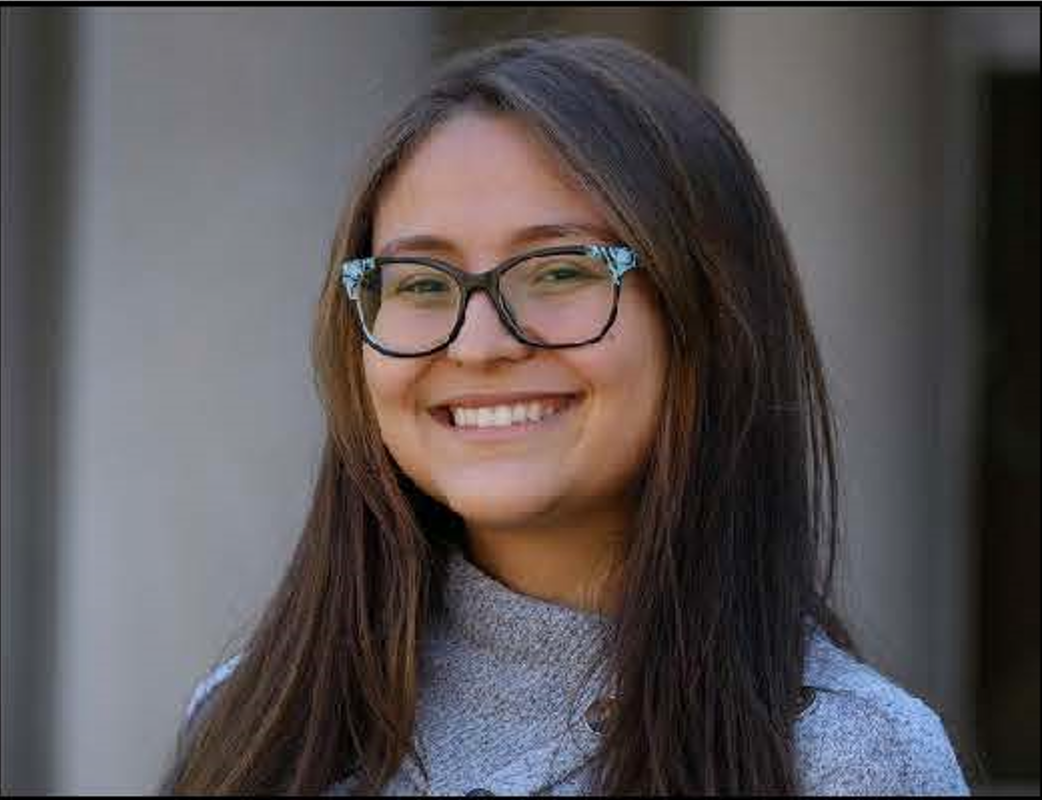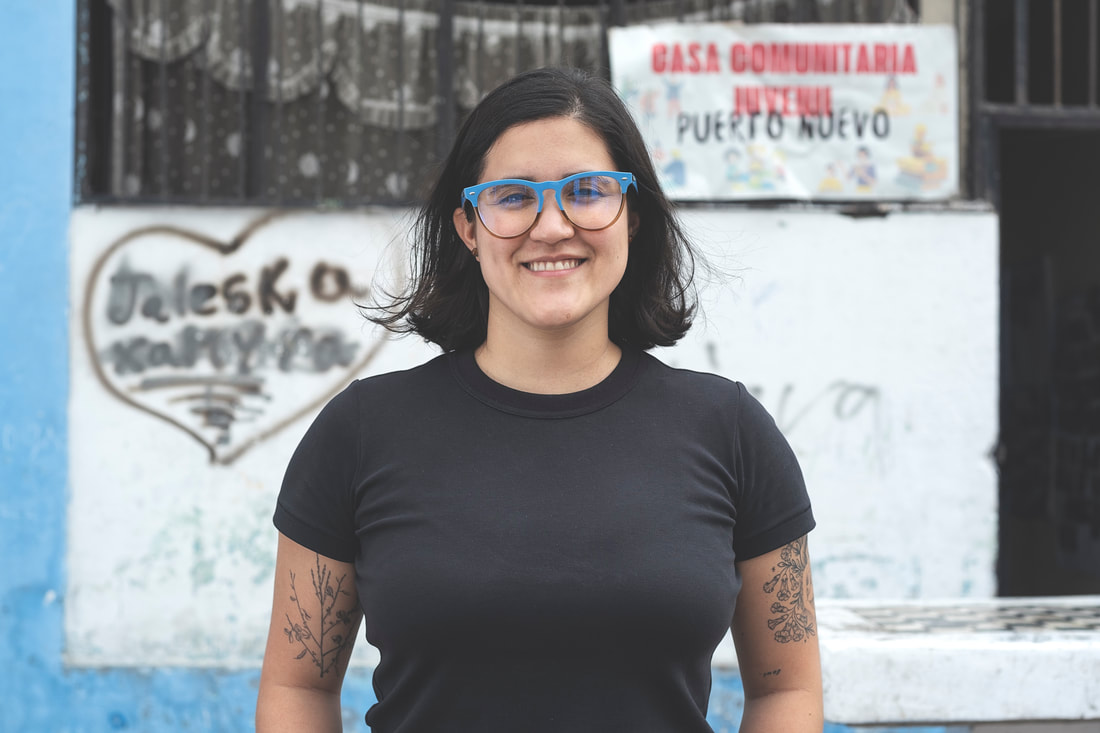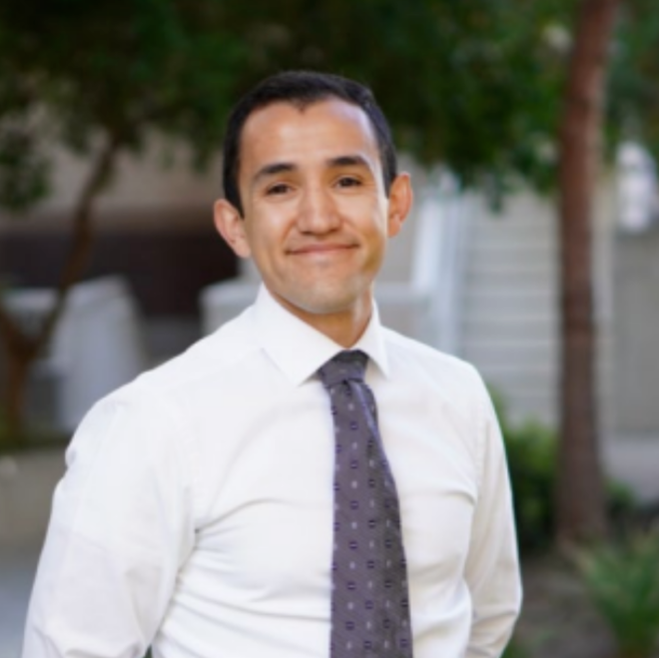LC Scholars on the job market.If you are interested in speaking with any of the scholars featured here about employment opportunities, please contact them directly. Thank you.
|
|
Luz E. Robinson is a doctoral candidate in School Psychology at the University of North Carolina at Chapel Hill (UNC-Chapel Hill) graduating in May 2025 after completing her APPIC clinical internship. She earned a B.S. in psychology and a B.A. in international studies with a concentration on Latin American and the Caribbean from the University of Florida (UF) in 2019. During her time at UF, she expanded her language skills from English and Spanish to learn Brazilian Portuguese with the objective of also serving Portuguese speaking Latine folx in the United States. She is a predoctoral Ford fellow from the National Academy of Science, Engineering, and Medicine. Her research and clinical work centers Latine mental health, violence prevention, and school safety. Her dissertation was funded by Duolingo and utilizes Human Centered Design to reduce math anxiety among Hispanic and African American elementary school students with the development and evaluation of a culturally relevant, bilingual math game. Luz currently has co-authored 30 publications in peer reviewed journals, eight book chapters, and presented at two dozen conferences in the areas of school safety, mental health promotion, and protective factors among Latine and other marginalized youth. Her clinical experience has been in developing, implementing, and evaluating culturally responsive assessments and interventions. Specifically, conducting assessments with Spanish and Portuguese speaking families of children with developmental disabilities and providing bilingual mental health therapy to Latine children and families. Luz is currently co-teaching an undergraduate course at UNC-Chapel Hill based on an upstream suicide prevention program informed by eight protective factors, prevention science, and positive psychology. Luz is also a certified yoga teacher in the community and has experience incorporating mindful movement and breathwork with children and adults to promote wellness in a variety of settings from yoga studios to after school programs. |
|
Andrea Roman Alfaro (she/ella) is a Peruvian Ph.D. candidate in sociology at the University of Toronto. She holds an M.A. in Sociology from the Pontificia Universidad Católica del Perú and a B.A. in sociology and government from Skidmore College. Her research agenda focuses on how structures of race, class, and gender shape the relationship between social inequality and violence, as well as the strategies people use to respond to and heal from violence.
Andrea is writing her ethnographic dissertation, titled “Interconnected Violence: Life and Death at the Urban Margins of Peru,” which examines the dynamics of neighbourhood violence by connecting women’s everyday experiences of violence to government policies and external actors that shape the definitions and responses to violence at the urban margins. She is also currently conducting community-based research in Puerto Nuevo (Callao, Peru). She uses photography to understand how children and youth make sense of the stigma of their neighbourhood and their position in society. Andrea writes in Spanish and English. Her work has been published in Gender & Society, Social Justice, A Journal of Crime, Conflict & World Order, and Curriculum Inquiry. She has worked as a course instructor and researcher in Peru and Canada, teaching courses such as ‘Policing and Security,’ ‘Education and the Criminal Justice System,’ and ‘Criminal Justice and Inequality.’ Her research has been funded by the Vanier Canada Graduate Scholarship, the Ontario Graduate Scholarship, the Mary H. Beatty Fellowship, and the Connaught PhDs for Public Impact Fellowship Program. |
|
Juan R. Sandoval is a sociologist, first-generation college student, and Ph.D. Candidate in the Department of Criminology, Law & Society at the University of California, Irvine. His intellectual pursuits center around a comprehensive exploration of the criminal legal system, focusing on the intricate dynamics of criminalization and the sociology of stigma. In his work, he aims to unravel the profound consequences arising from the interplay between stigma and criminal legal encounters, ultimately shedding light on their impact on social existence. To this end, his research examines the following topics: 1) Investigating the multifaceted relationship between stigma and identity, 2) conducting an in-depth analysis of the accuracy and reliability of criminal record data across both public and private platforms, 3) Exploring the intricate landscape of community supervision, and 3) Examining the distinct characteristics and challenges faced by rural communities within the realm of criminal legal interactions. He holds a Bachelor of Arts degree in Criminology from the University of New Mexico and a Master of Arts degree in Criminal Justice from Rutgers University – Newark. Furthermore, his professional growth is enriched through his experience as a former criminal legal practitioner. In addition to his scholarly pursuits, he contributes his expertise as a Community Council Advisor for the National Latino & Behavioral Health Association and a local non-profit organization. |
What we say and what we do ultimately comes back to us so let us own our responsibility, place it in our hands, and carry it with dignity and strength.
~ Gloria E. Anzaldúa ~



